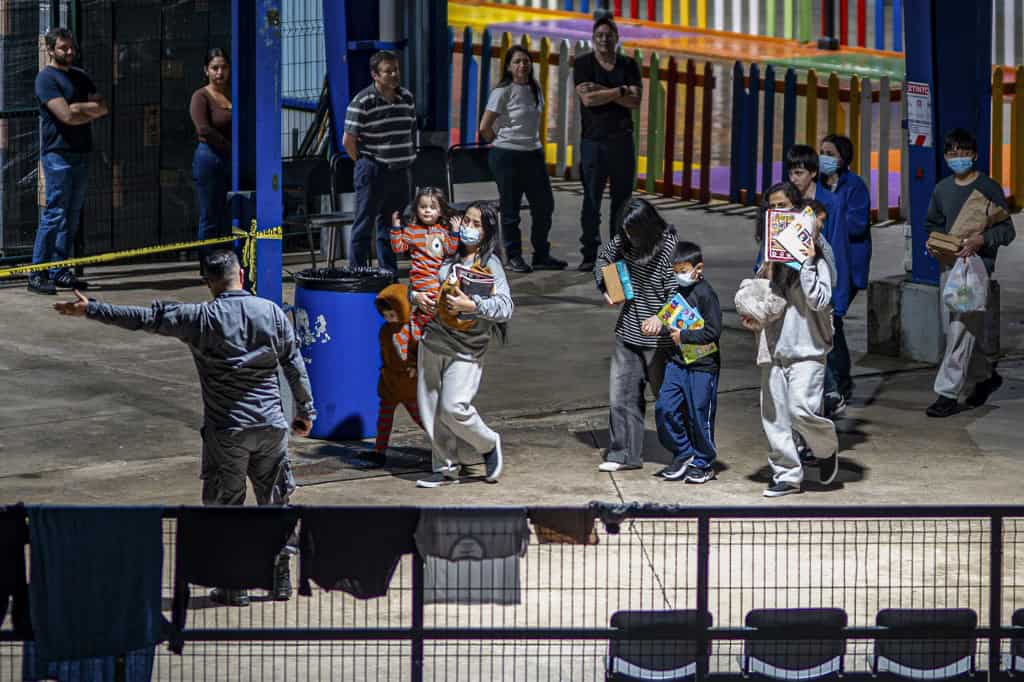Costa Rica’s agreement with the U.S. to receive deported migrants has drawn criticism from human rights advocates. While the government assures that human rights are being respected, organizations fear otherwise. President Rodrigo Chaves defended the agreement as an act of goodwill toward the U.S., stating that helping a “wealthy northern ally” could prevent economic repercussions for Costa Rica. While he assured that deportees were treated well, critics argue that the arrangement prioritizes political interests over human rights.
However, little information or details have been provided regarding the group of deportees. Despite the secrecy surrounding the Costa Rica-U.S. agreement and media restrictions, a man managed to infiltrate the camp and interview some of the migrants. “Caya” shared a video in which he lets the world see the reality of these people who were deported from the United States. The video shows the harsh reality of many men, women, and children who fled their home countries looking for a better life.
“In a remote corner of Costa Rica, near the Panama border, I uncovered the story behind Trump’s controversial deportation camps—hidden detention centers where hundreds of asylum seekers have been forcibly deported from the U.S. To expose the truth, I traveled deep into this isolated region, confronting secrecy, brutal heat, and the risk of arrest,” he said.
He also pointed out that among the detainees was a Russian journalist fleeing persecution from Putin’s regime, who he managed to interview. The group of deportees at CATEM-Sur also includes individuals from diverse countries such as Turkey, Russia, Armenia, Uzbekistan, India, Georgia, Azerbaijan, Vietnam, Iran, Afghanistan, Jordan, Kazakhstan, Ghana, the Democratic Republic of the Congo, Angola, Yemen, Nepal, and China.
The video exposes the harsh reality and the fear of many people who left their home countries seeking a better life and opportunities, but have now found themselves stranded in Costa Rica, scared and uncertain of what the future may hold.






